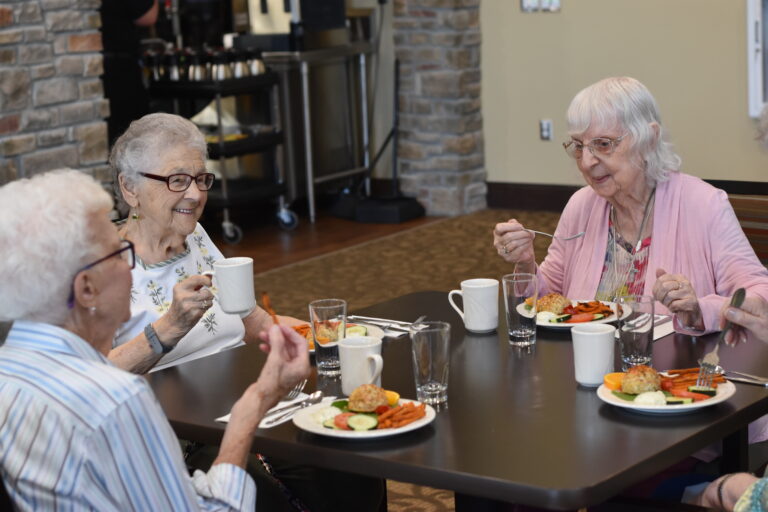
Senior isolation occurs for a wide variety of reasons. AARP notes that some seniors may no longer feel comfortable behind the wheel, suffer illness that prevents them from quickly leaving the house, or provide Alzheimer’s care for a spouse or other loved one. This can soon lead to seniors feeling lonely and cut off from friends and family, significantly impacting their quality of life. Standard options for avoiding senior isolation include living in a retirement community, joining groups and clubs, or taking classes to stay socially active. However, a recent study by researchers at the University of Exeter found that educating older adults on social media use can also encourage well-being and deter feelings of isolation.
Find Senior Living Near Me
The Study
The project, dubbed Age 2.0, was funded by the European Union and took place over two years. Led by the University of Exeter, Age 2.0 also partnered with several healthcare institutions. Researchers noted senior isolation is a common problem among an increasingly large aging population. According to a news release by the University of Exeter, by 2060, the percentage of the total population over age 65 will have grown by about 12 percent in Europe alone. However, this trend is also prevalent in the U.S. and other nations. The United States Census Bureau reports that between 2012 and 2050, the population of adults 65 or older is predicted to double.
The growing aging population suggests that social isolation could become a more significant issue for seniors. However, researchers of the study believe that providing seniors with better access to and knowledge of computers and technological means of connecting could play a significant role in keeping seniors socially active and sharp. Psychologist Dr. Thomas Morton, who led the project, explained:
“Human beings are social animals, and it’s no surprise that we do better when we can connect with others. But what can be surprising is that there are many important social connections to cognitive and physical health. People who are socially isolated or who experience loneliness are more vulnerable to disease and decline. For these reasons, finding ways to support people’s social connections is a fundamental goal. This study shows how technology can be a useful tool for enabling social connections and that supporting older people in our community to use technology effectively can benefit their health and well-being.”
“Senior volunteers in the study found email and Skype particularly useful.”
To conduct the study, researchers recruited 76 volunteers between the ages of 60 and 95, drawing from a community of vulnerable older adults who received care at home or in a senior living community. Half the participants received specialized training in using programs such as email, Skype, and Facebook, as well as a broadband connection to access the Internet quickly. These volunteers received a three-month training period and could keep the computer for one year. The other half served as a control group and received their usual care regimen.
The team found that those who received the training seemed more confident and enthusiastic and mainly found email and Skype useful. While fewer volunteers found Facebook worthwhile, some found it an excellent means of communicating with grandchildren. Moving forward, researchers, tech firms, and healthcare providers will have to work together to develop intuitive computers that are easy to use and accessible to an aging population. This technology could eventually become essential in preventing senior isolation and offer more robust networking options for those in assisted living retirement communities and seniors living independently.




